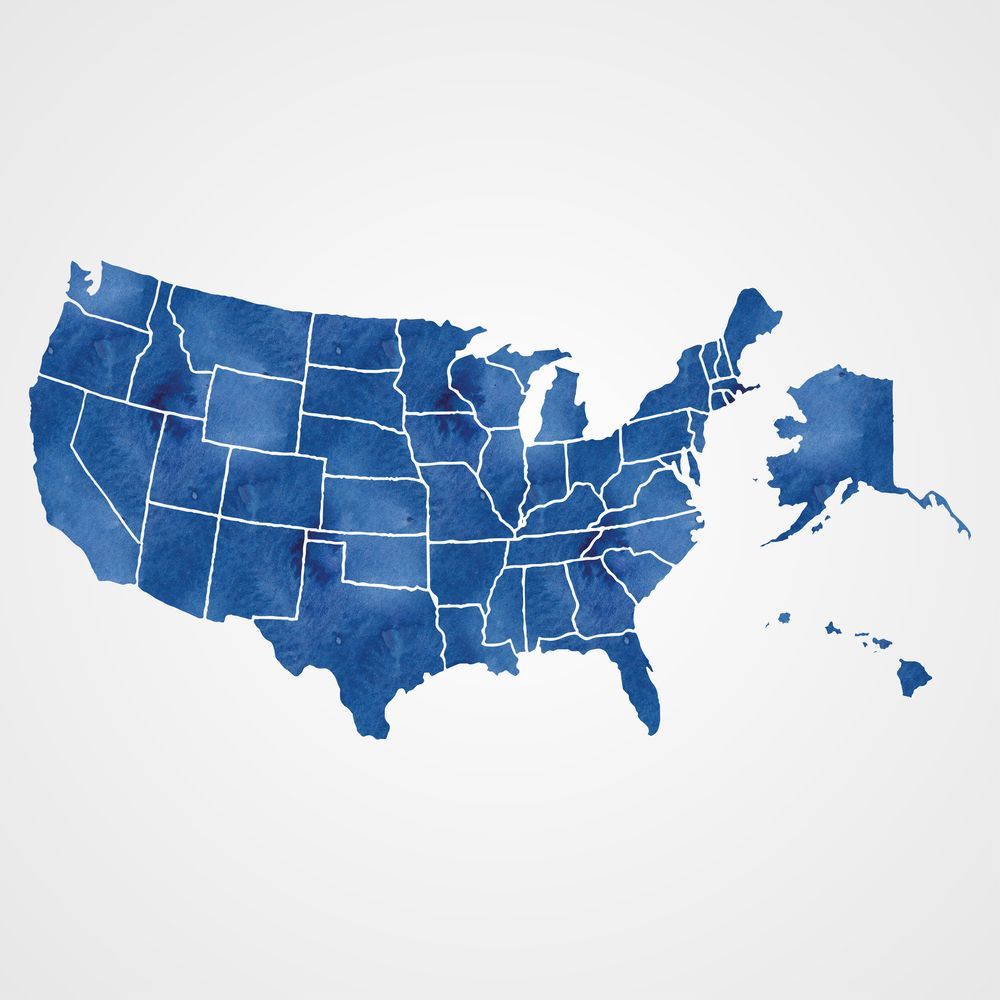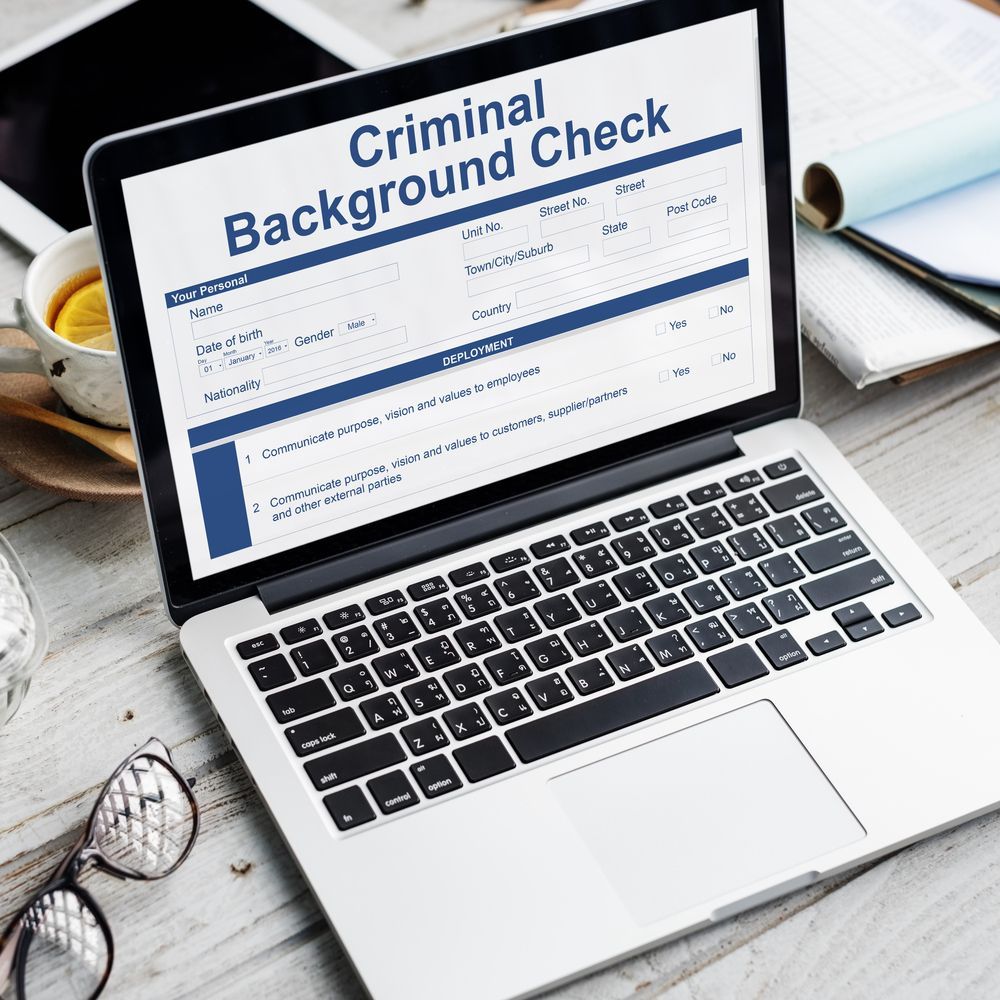Ban the Box Laws: What They Mean For Employers
18 December 2023
Share this article:
Key Takeaways
- Ban the Box laws prohibit employers from asking about criminal arrests or convictions in the initial application process.
- At least 37 states, plus more than 150 cities and counties, have enacted Ban the Box laws. They vary as to which employers they cover and at what point in the hiring process employers may inquire about criminal records or order a background check.
- Ban the Box is a challenging issue for employers, as employers must navigate a patchwork of state and local laws. Failure to compliantly do so can result in significant penalties.

What is Ban The Box?
Ban the Box is a nationwide movement aimed at prohibiting employers from inquiring about a candidate’s criminal history early in the hiring process. It derives its name from the checkbox next to a question about criminal history that may appear on application forms in jurisdictions where it’s still permitted.
According to Ban the Box advocates, the campaign is beneficial not only for 70+ million Americans who have this kind of blot on their record. It’s a plus for companies that might otherwise overlook valuable potential employees. It’s good for society at large, as ex-offenders who are employed are less likely to get in trouble again and also less likely to burden public social services.
Ban The Box Laws
Most Ban the Box laws are state and local locals. They vary as to which employers they cover and what the restrictions are. Most state Ban the Box laws cover public sector employment only. In states that do constrain private employers, some laws apply to all companies while some restrict only companies with some minimum number of employees.
Some of these laws apply only to the upfront application process, prohibiting inquiry about criminal history on the initial application and sometimes in the initial interview. Others require that an employer make a conditional job offer before inquiring into criminal records or conducting a background check.
A federal law, the Fair Chance to Complete for Jobs act, took effect in 2021. It impacts federal agencies and also federal civilian and defense contractors. These employers may not inquire into criminal history before a conditional offer of employment has been extended.
Some private employers, including Target, Walmart, Starbucks and Facebook, have chosen to ban the box even in jurisdictions where it is not required.
Ban The Box States
In 1998, Hawaii enacted a law restricting how employers may ask applicants about criminal history. By now there are at least 37 states and over 150 counties and cities that have adopted Ban the Box laws. About four-fifths of American citizens live in a region where some kind of Ban the Box law is in effect.
In at least 15 states and 22 cities and counties, restrictions apply not only to government agencies but also to private companies. The states include California, Colorado, Connecticut, Hawaii, Illinois, Maine, Maryland, Massachusetts, Minnesota, New Jersey, New Mexico, Oregon, Rhode Island, Vermont and Washington.
Some state laws prohibit criminal inquiry only on the initial application and allow it after that. Others require the employer to evaluate the candidate and make a conditional job offer before looking into a possible criminal past. There are states that don’t allow, at any time, an inquiry into a criminal proceeding that did not result in a conviction or has been otherwise set aside.

What is Adverse Action?
Adverse action takes place when an employer chooses not to hire, retain or promote an individual based on a past criminal record. It is addressed as a provision of the federal Fair Credit Reporting Act. The FCRA lays out the steps that employers must follow when they take adverse action based on what they have discovered in a background check. The most significant steps are:
- Employers must provide the individual with a pre-adverse action notice and include a copy of the background report and a Summary of Rights.
- They must give the individual an opportunity to dispute or otherwise respond to the report.
- If they proceed, they must give the candidate final notice that they are taking adverse action.
In many jurisdictions, adverse action requirements are more stringent than what the FCRA sets forth.
What Ban the Box Laws Mean for Employers
Even without Ban the Box laws, employers face a challenge: most companies want to offer a fair chance to applicants who have committed past indiscretions and at the same time protect the safety of the workplace as well as their own reputation.
With these laws, there is a mishmash of regulations that employers must observe in their hiring processes. This is a particular issue for companies that do business in multiple states. The screening process, never a simple one, continues to become increasingly complex. Companies that run afoul of any of the laws risk fines and other sanctions. More than ever, employers should rely on the expertise of a CRA with national scope to navigate the compliance minefield.
It’s important to note that employers may still order background checks and conduct
related screening processes. The may still reject a candidate on the basis of a criminal history. The various laws dictate when in the process they may conduct that check. If the check reveals a criminal past, some laws restrict whether they can use it as a reason not to hire. Most such laws dictate that a criminal history may not be used adversely unless the offense specifically compromises the candidate’s ability to perform the job in question or it creates a safety risk in the workplace.
The Bottom Line
Some form of Ban the Box law exists in most jurisdictions within the U.S. These prohibit employers from asking about criminal records on the initial job application. Some apply to public agencies and government contractors, but others affect private employers as well. Many go further than banning the box by prohibiting such inquiries until the employer has made a conditional offer of employment.
The mishmash of state and local regulations makes it a challenge for employers to be aware of and comply with all the restrictions. Employers will be wise to rely on experienced CRAs to navigate the regulatory environment. CRAs in turn should engage a trusted background check wholesaler such as Eagle Eye Screening Solutions. We have the experience, the technology and the nationwide reach to provide effective and compliant searches in today’s challenging conditions.
Connect with Us:




